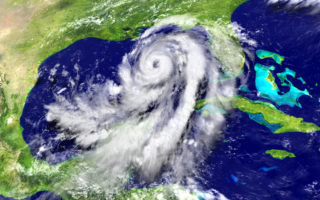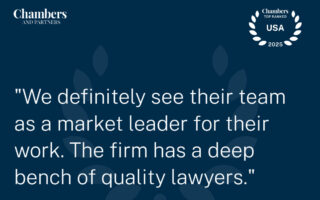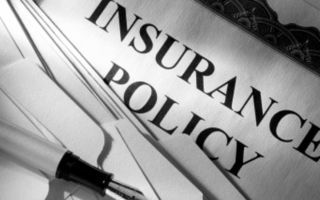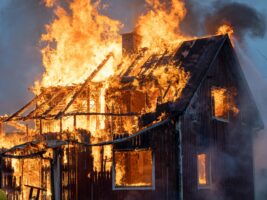Louisiana Appeals Court Revives COVID-19 Coverage Suit
By Rhonda J. Thompson, Martin Schneider, Christina Anne Culver • Jul 18, 2022
On June 15, 2022, Louisiana’s Fourth Circuit Court of Appeal resuscitated an argument for “physical loss” encompassing viral contagions and other substances not discernible to the naked eye. In the coverage suit, a New Orleans restaurant sought a declaration that the insurance policy afforded coverage for any loss or damage caused by direct physical loss of or damage to their insured premises as a result of continuous contamination by COVID-19. The policy did not contain a virus or similar exclusion.
Background
The restaurant at issue, Oceana Grill, was forced to close its dining room as a result of city-wide COVID-19 restrictions, with a subsequent gradual reopening at diminished capacity. Lost business income was claimed by Oceana Grill for this period. The Court considered fundamental business interruption issues, including whether “direct physical loss of or damage to” property occurred, whether business operations were “suspended,” and whether there was a “period of restoration.”
Analysis
In holding the presence of COVID-19 in the restaurant could constitute “direct physical loss” of property, the court looked back to Widder v. Louisiana Citizens Prop. Ins. Corp., 82 So. 3d 294 (La. App. 4 Cir. August 2011).
Widder involved a home contaminated with lead, and the Fourth Circuit “joined [a] line of cases extending coverage for a broader array of losses caused by disease-causing agents with a tangible, but microscopic, physical form[.]” Seizing on this language, Oceana Grill’s expert testified “that contagion-causing viral particles persisted in the air of the premises.” Despite the overwhelming contrary holdings across the country, the Cajun Conti Court decided the insuring agreement’s requirement of direct physical loss had been met. See Henry’s Louisiana Grill v. Allied Insurance, No. 20-14156, (11th Cir. June 3, 2022)(finding no direct physical loss due to COVID-19, and stating this same conclusion, “has been reached by every federal and state appellate court” that has decided “the meaning of ‘physical loss of or damage to’ property” within the “context of the COVID-19 pandemic”).
The Court then took up whether Oceana Grill’s business had been suspended, and if so, the period of restoration. The policy definition of “suspension” included “slowdown” of business activities. The Cajun Conti court concluded the partial loss of business demonstrated by Oceana Grill constituted a “suspension” of operations. Turning then to “period of restoration,” the policy definition included the time it takes to “repair” the property. Persuaded by a dictionary definition for “repair” as “to restore to a healthy state,” the Court applied a “period of restoration” of the time it took to restore the restaurant to a healthy state through some level of cleaning and decontamination.
The appeals court concluded that the insurance policy was ambiguous and capable of more than one reasonable interpretation regarding coverage of lost business income. Therefore, they reversed the trial court’s judgment and found in favor of Oceana in a 3-2 decision. The case is Cajun Conti LLC. v. Certain Underwriters at Lloyd’s, London, — So. 3d —-, 2022 WL 215483 (La. App. 4 Cir. June 15, 2022).










